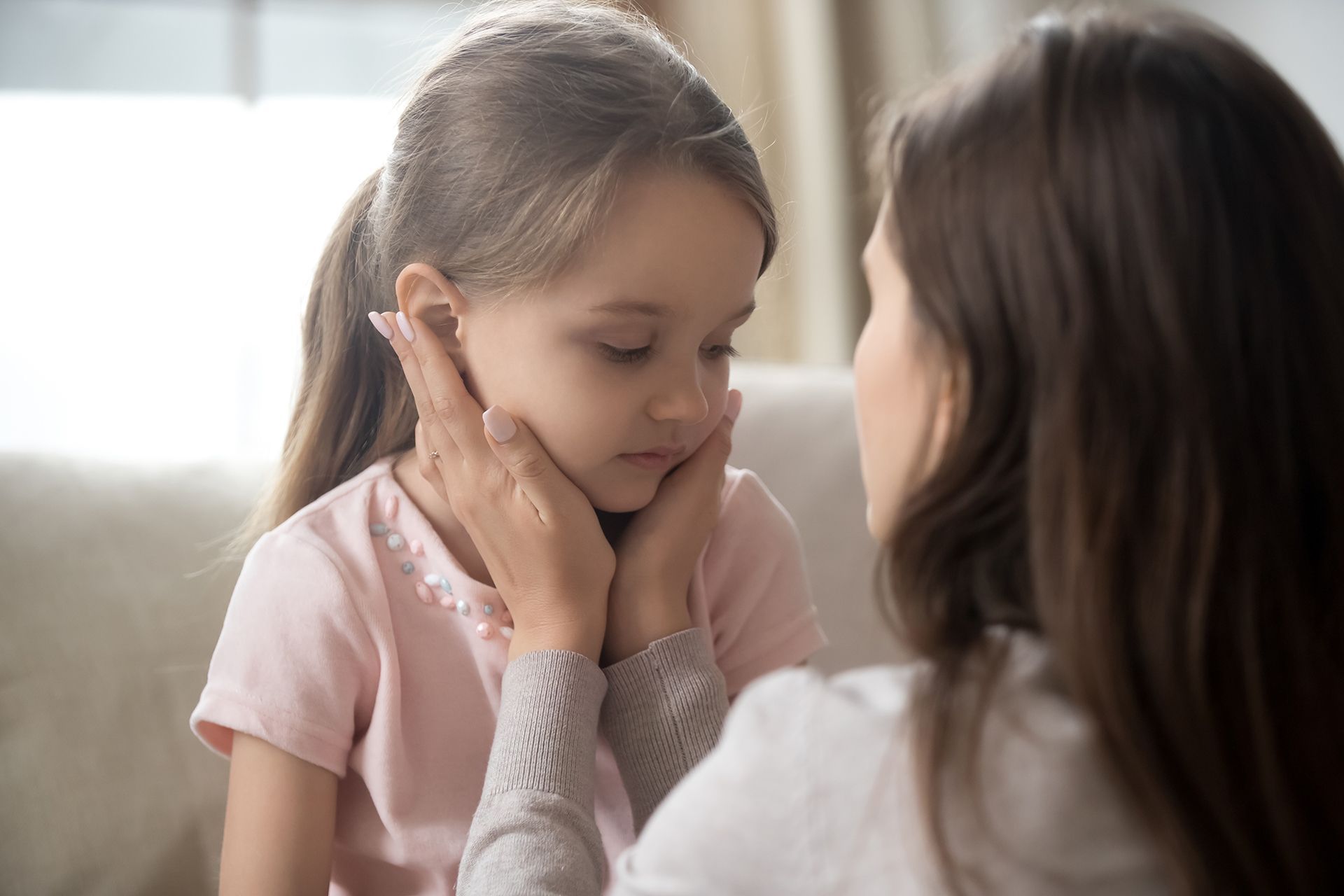Throughout the course of our life we all will experience a loss. In fact, statistics show that 1 in 5 children will experience the death of someone close to them before that age of 18. More importantly, feelings of grief and loss are not always associated with death. More commonly these feelings surface after another type of loss– a severed relationship, a pregnancy, a pet, or a job.
When a person loses something or someone valuable to them, feelings of grief can be overbearing. Grief can leave a person feeling sad, hopeless, isolated, irritable, and numb by affecting them mentally, emotionally, and physically. It’s important to understand that healing from grief is a process and everyone copes with this emotion differently.
Friends and family don’t know what to say or do when a person is grieving. Often, they are uncomfortable and do their best to provide support. It’s not their fault and it’s not your fault that you don’t feel better. The feeling of grief and sadness are complicated and cannot be rushed or ignored.
Grief and sadness can ease over time. If a person is drifting away from normal daily activities and the feelings of grief do not resolve over time, consider seeking professional support. Every case is unique and requires individual attention. The possible benefits of psychotherapy are:
- Improved coping skills.
- Reduced feelings of blame and guilt.
- Processing emotions and finding resolution more quickly.
Finally, don’t feel like you must solve your grief on your own. Don’t let sadness become chronic and become a bigger issue.

